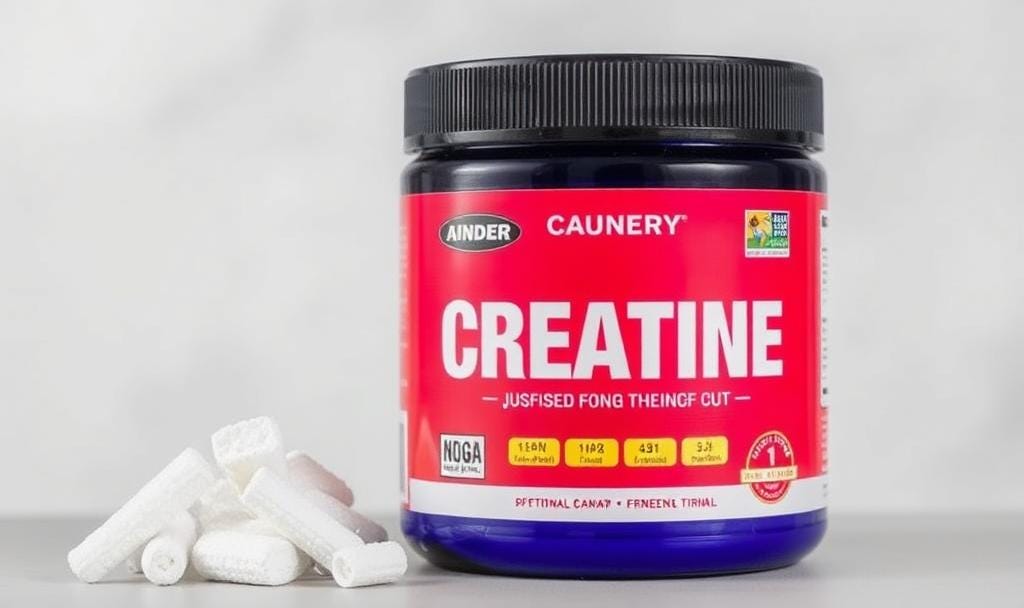Creatine Supplementation Shows Promise for Alzheimer's Sufferers
The Alzheimer’s Hub of Hope has four sections: Heroes, Highlights, Headlines and Helpers/Caregivers. This post is aligned to the headlines section.
A study recently published in May of 2025 demonstrated cognitive improvements in alzheimer’s suffers in just eight weeks of creatine supplementation. An abstract of that study is linked here. The study required AD suffers to take 10 grams of creatine twice a day for eight weeks.
The intervention was associated with improvement in total cognition, fluid cognition1, list sorting working memory , and oral reading recognition. There was also a trending improvement in the flanker2 inhibitory control and attention test.
The most important part of this research is that it measured cognition and not biomarkers such as amyloid and tau. Pharmaceuticals approved for AD such as lecanemab and donanemab aim to reduce amyloid plaques in the brain (biomarkers) and don’t even claim to improve cognition. They just slow down cognitive decline.
Per the abstract, creatine supplementation has been shown to improve cognition and energy metabolism in mouse models but it hasn’t been investigated as a therapy for AD sufferers in humans until now.
It may be beneficial to supplement with creatine or ensure your diet has plenty of it. The foods3 with the most creatine per serving are: herring, pork, beef and salmon. Fruits and vegetables only have a trace of the nutrient.
The abstract references brain energy metabolism eight times. There is some discussion in the medical community that AD and other mental disorders are brain energy disorders that can be improved by a keto-like, low carb diet. You may want to check out my post on brain energy here where I discuss the work of Christopher M. Palmer, MD, a Harvard psychiatrist and researcher who wrote the book Brain Energy.
Feel free to contribute $1.00 here to help support my work.
Per ChatGPT the fluid composite score reflects a persons ability to solve novel problems, reason, and think flexibility rather than leaning on learned knowledge. It measures executive function, working memory, processing speed, attention and episodic memory.
Per ChatGPT the flanker test measures selective attention (the ability to ignore distractions) and inhibitory control (pause before acting impulsively, resist temptations and override automatic responses).




This was an excellent article with some great information.
I am the 24/7 caregiver for my 88 year old mom. I’ve been caring for her for near five years. She is in the advanced stages of dementia but I’ve seen improvements lately after having radically changed her diet.
I will soon be writing about my experiences with her here on Substack.
Interesting development…
But it does not appear to address the Root Cause of Alzheimer’s… bodily Aluminum.
How do I know?
Lots of online and published articles & studies.
And most importantly to me… MY success.
I have gone… FROM MD-measured MMSE 16… “Beginning” and supposedly “Irreversible” Alzheimer’s
TO MD-measured MMSE OF 26-29… “HIGH NORMAL.”
I did this by chelating my bodily Aluminum using OSA-rich Fiji Water.